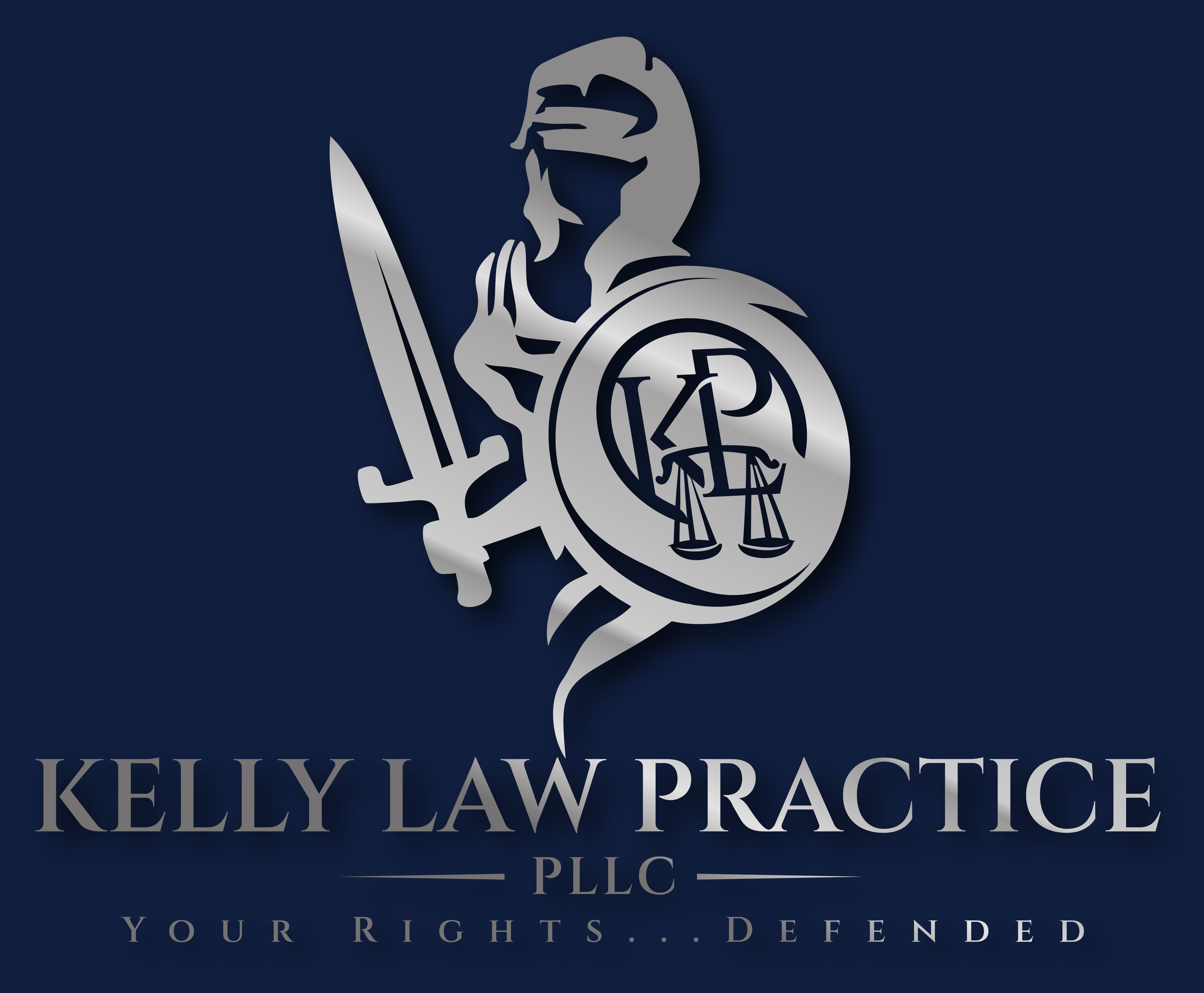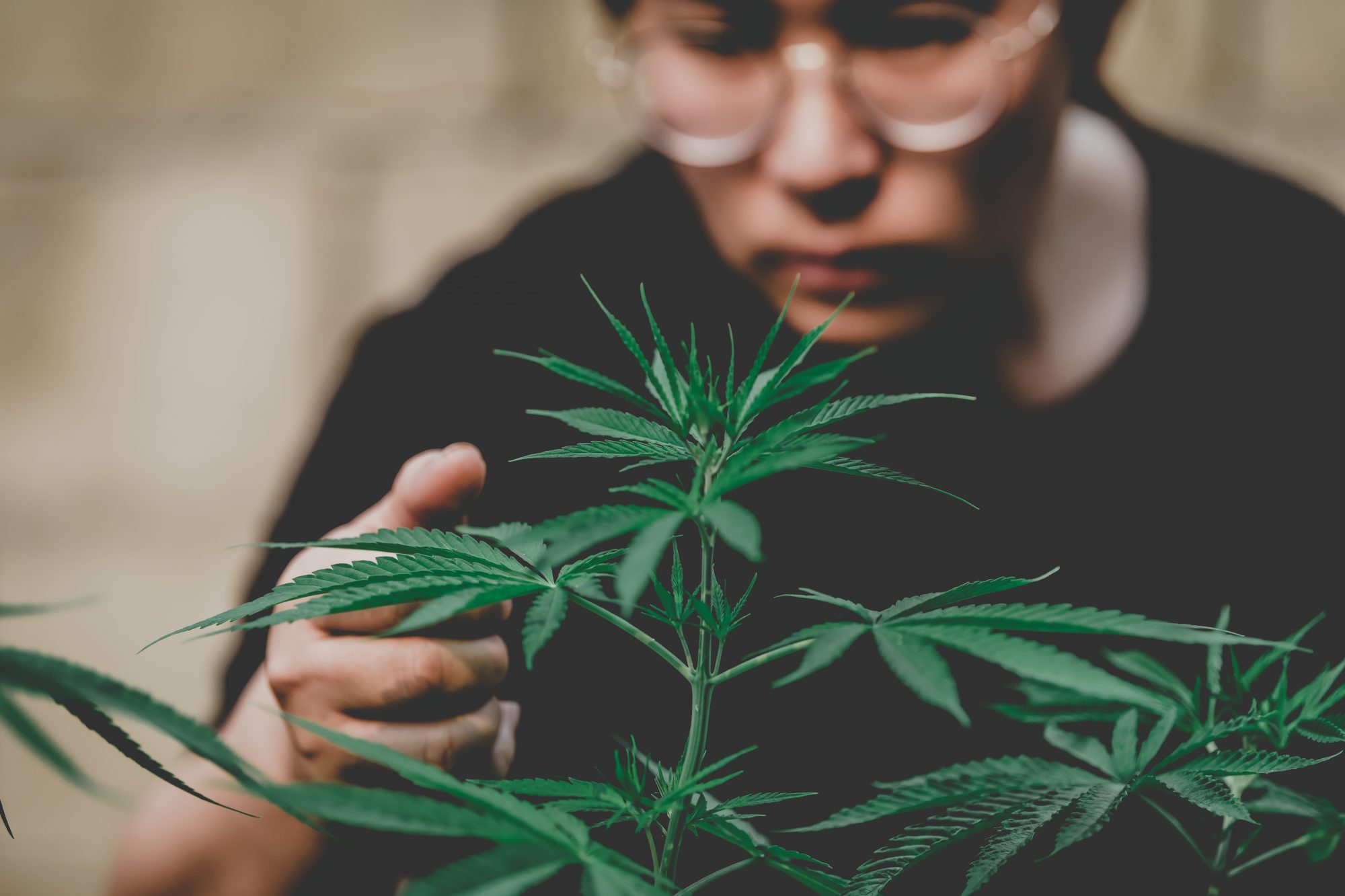On March 31, 2021, Governor Cuomo signed into law the Marijuana Regulation and Taxation Act (MRTA), the New York “Cannabis Law”, making New York the 15th state to legalize the cultivation, production, distribution, and recreational use of marijuana by adults. The following is a summary of key provisions of the law.
Creation of Office of Cannabis Management
This law removes marijuana and marijuana products from New York’s Controlled Substances Act and allows for the regulation of marijuana under the supervision of the newly established Office of Cannabis Management (OCM), an independent entity within the division of the York State Liquor Authority.
OCM will be overseen by a five-member Cannabis Control Board (CCB) made up of one chairperson and four other voting members. Three of the five members of the board, including the chairperson, will be selected by the Governor, with the other two members being selected by the President of the Senate and the Speaker of the Assembly.
Licensing and Regulatory Structure
CCB will be responsible for regulating the adult-use cannabis market as well as the existing medical marijuana and hemp programs. To prevent businesses from dominating the market by having ownership over too many aspects of the process of cultivation through sales, the law generally disallows vertical integration. There will instead be separate adult-use licenses and permits as follows: cultivator license, processor license, distributor license, retail dispensary license, cooperative license, and microbusiness license.
Cultivators, processors and distributors cannot hold or have an interest in more than one of the same type of license and are also barred from holding or having an interest in retail dispensary licenses. They are however allowed to hold or have an interest in other types of licenses. A cultivator for example may also hold a processor and/or distributor license, and processors, while not generally allowed to conduct other business on the licensed premises, can conduct cultivation and/or distribution operations on the premises if licensed to do so.
Social and Economic Equity Program
To ensure diverse representation in the industry, fifty percent (50%) of marijuana business licenses will be reserved for social equity applicants, defined as people from “communities disproportionately impacted by the enforcement of cannabis prohibition” as well as minority, women-owned businesses, disabled veterans, and financially distressed farmers.
The law defines a “social equity applicant” as a person who: (1) is a member of a community disproportionately impacted by the enforcement of cannabis prohibition; (2) has an income lower than eighty percent of the median income of the county in which the applicant resides; and (3) was convicted of, or had a family member who was convicted of a marijuana-related offense, prior to passage of the law.
Decriminalization & Legal Possession
Effective immediately all convictions for marijuana-related activity made legal under the law is automatically expunged. It remains a misdemeanor to operate a motor vehicle while impaired by marijuana, however police officers are prohibited from using the odor of marijuana to justify searches.
Legal possession of up to three ounces of cannabis or 24 grams of marijuana concentrates is effective immediately. Adults will be allowed to cultivate up to six marijuana plants for personal use, three of which could be mature, with a maximum of twelve plants grown per household with more than one adult. The home growing provision will not take effect until CCB sets governing rules, which must be done within six months for medical patients, and no later than 18 months after the first retail adult-use sales begin.
Medical Marijuana Access
The list of qualifying conditions under the existing medical cannabis program will be expanded and patients will now be allowed to smoke marijuana products. Patients can now obtain a 60-day supply, up from the previously allowed 30-day, supply.
Running a successful business in the highly regulated cannabis industry requires extensive knowledge of the governing and often conflicting federal, state and local laws and regulations in place. Kelly Law Practice, PLLC can ensure that your business is in regulatory compliance and properly positioned to succeed. Please call (914) 387-9760 for your free consultation.

